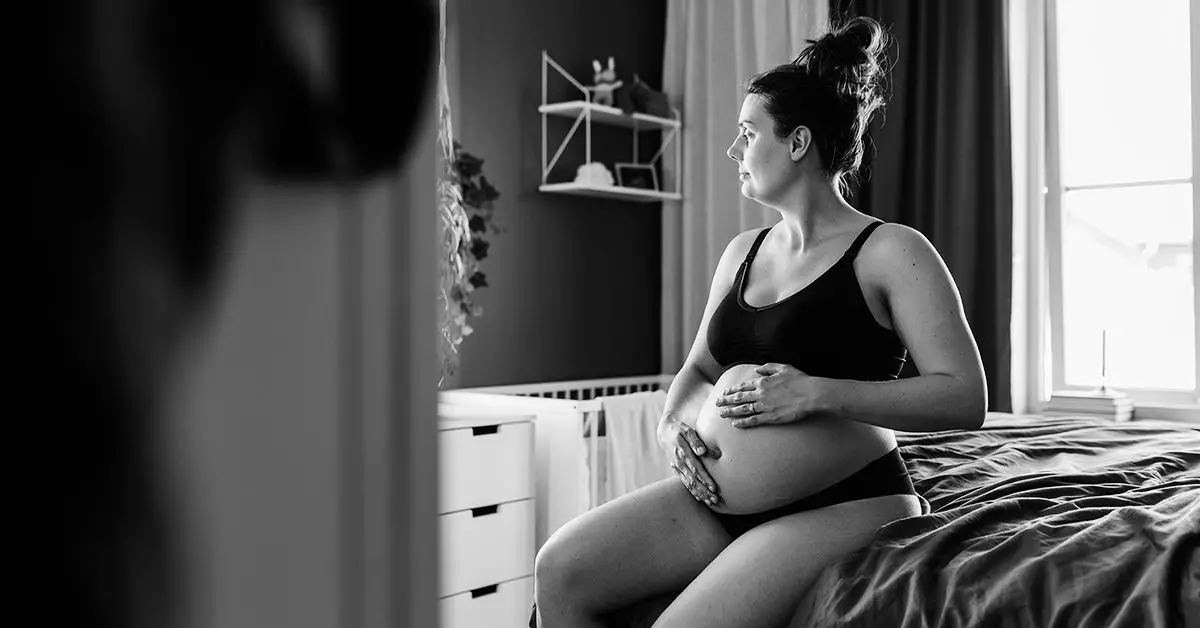Conjunctivitis, commonly known as pink eye, is a condition that involves inflammation of the conjunctiva. Although it can cause irritation and discomfort, it is generally not harmful during pregnancy. This condition can be triggered by a variety of factors, including allergies, viral infections, and bacteria. Pregnant individuals may be more susceptible to developing infections, such as infective conjunctivitis, due to changes in their immune response and tear film composition.
Conjunctivitis often leads to symptoms in both eyes, such as redness, itchiness, and discharge. The causes of conjunctivitis can vary, with viral infections being the most common trigger. Bacterial conjunctivitis may result from direct contact with specific bacteria strains, while allergic conjunctivitis is a response to allergens like pollen or dust mites.
When it comes to treating conjunctivitis in pregnant individuals, doctors typically opt for nonpharmacological approaches to minimize the exposure of the fetus to medications. These methods include gently washing the eyes with clean water, using cold compresses, avoiding contact lenses, and refraining from rubbing the eyes or using eye makeup. If conservative management proves ineffective, medication may be necessary.
Types of Treatments for Different Conjunctivitis
The treatment for viral conjunctivitis typically involves allowing the body to fight off the virus naturally, which can take 7 to 14 days. Bacterial conjunctivitis may clear up on its own within 2 to 5 days, but antibiotics like chloramphenicol eye drops may be prescribed if needed. For allergic conjunctivitis, avoiding allergens is crucial, although certain antihistamines like cetirizine and loratadine may be safe options to alleviate symptoms.
To prevent conjunctivitis, individuals should practice good hygiene habits, such as frequent handwashing, avoiding touching the eyes, and refraining from sharing personal items. Those with allergic conjunctivitis should steer clear of allergens and ensure that their living spaces are clean and well-ventilated. In case of persistent symptoms or more serious issues, medical attention should be sought promptly.
If an individual is pregnant and experiencing symptoms of conjunctivitis, it is essential to consult a healthcare provider before using any medications. While some eye drops like artificial tears may be considered safe during pregnancy, others may carry potential risks. It is crucial to inform the doctor about the pregnancy when discussing treatment options to minimize any hazards to the fetus.
While conjunctivitis can be bothersome, it is typically not a major concern during pregnancy. By understanding the symptoms, causes, treatment options, and preventive measures associated with this condition, pregnant individuals can effectively manage their eye health while prioritizing the well-being of themselves and their unborn child. Always remember to consult with a healthcare professional for personalized guidance and recommendations tailored to your specific situation.


Leave a Reply